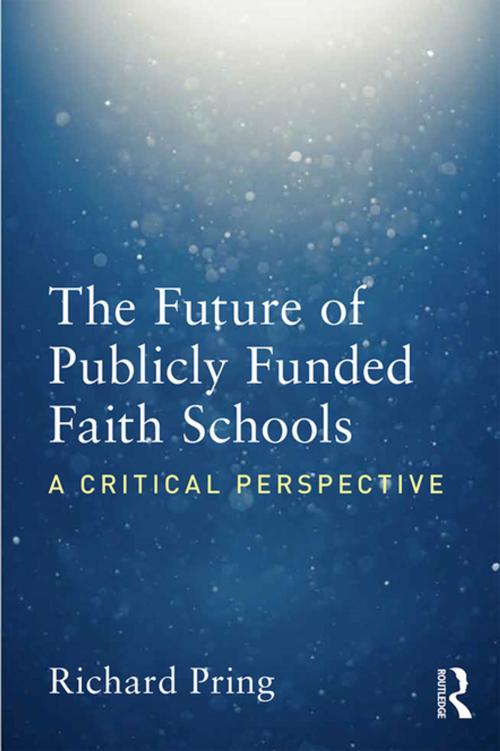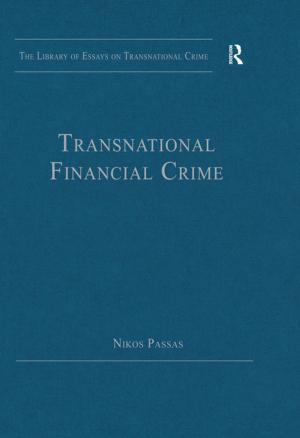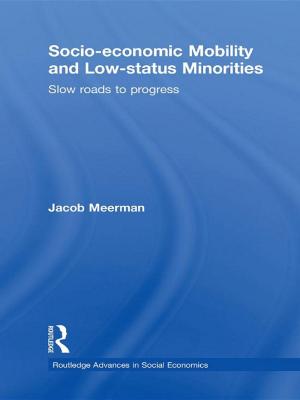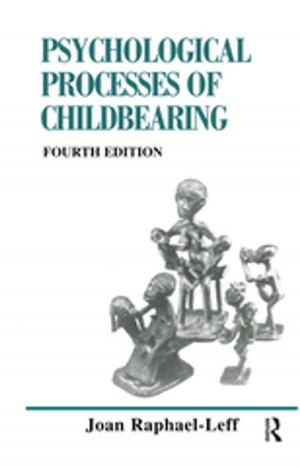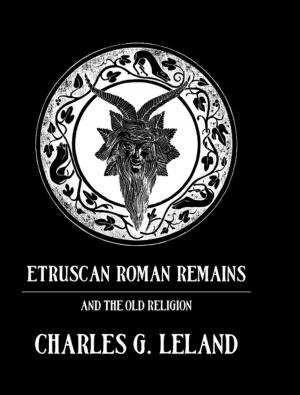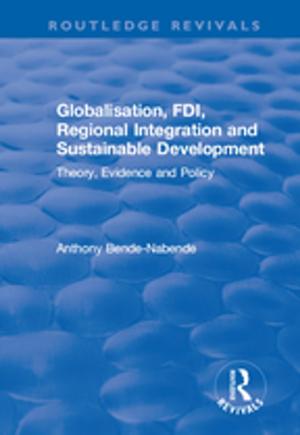The Future of Publicly Funded Faith Schools
A Critical Perspective
Nonfiction, Reference & Language, Education & Teaching| Author: | Richard Pring | ISBN: | 9781351337298 |
| Publisher: | Taylor and Francis | Publication: | March 21, 2018 |
| Imprint: | Routledge | Language: | English |
| Author: | Richard Pring |
| ISBN: | 9781351337298 |
| Publisher: | Taylor and Francis |
| Publication: | March 21, 2018 |
| Imprint: | Routledge |
| Language: | English |
The Future of Publicly Funded Faith Schools addresses and critically examines the arguments both for and against the continued maintenance of faith-based schools within a publicly funded state system. Addressing the issue systemically, first grounding the discussion in the practical world of education before raising the central philosophical issues stemming from faith-based education, it provides a balanced synthesis of the different arguments surrounding faith schools.
The book expounds upon the different threats facing faith-based schools, including their perceived potential to undermine social cohesion within a multi-cultural society, and the questioning of their right to receive public funding, and examines what these mean for their future. Examining these threats, it questions:
- What it means for a school to be ‘faith-based’.
- The nature of religious education both within and without a faith-based school environment.
- The ethical, epistemological, and political issues arising from faith-based education.
- The concepts of the common good and social cohesion.
- Whether there is possible reconciliation between opposing parties.
The Future of Publicly Funded Faith Schools makes a unique contribution to the literature in this area and is crucial reading for anyone interested in what the future holds for publicly funded faith schools including academics, researchers, and postgraduate students in the fields of education, religious studies, policy, and politics of education, sociology, and philosophy.
The Future of Publicly Funded Faith Schools addresses and critically examines the arguments both for and against the continued maintenance of faith-based schools within a publicly funded state system. Addressing the issue systemically, first grounding the discussion in the practical world of education before raising the central philosophical issues stemming from faith-based education, it provides a balanced synthesis of the different arguments surrounding faith schools.
The book expounds upon the different threats facing faith-based schools, including their perceived potential to undermine social cohesion within a multi-cultural society, and the questioning of their right to receive public funding, and examines what these mean for their future. Examining these threats, it questions:
- What it means for a school to be ‘faith-based’.
- The nature of religious education both within and without a faith-based school environment.
- The ethical, epistemological, and political issues arising from faith-based education.
- The concepts of the common good and social cohesion.
- Whether there is possible reconciliation between opposing parties.
The Future of Publicly Funded Faith Schools makes a unique contribution to the literature in this area and is crucial reading for anyone interested in what the future holds for publicly funded faith schools including academics, researchers, and postgraduate students in the fields of education, religious studies, policy, and politics of education, sociology, and philosophy.
